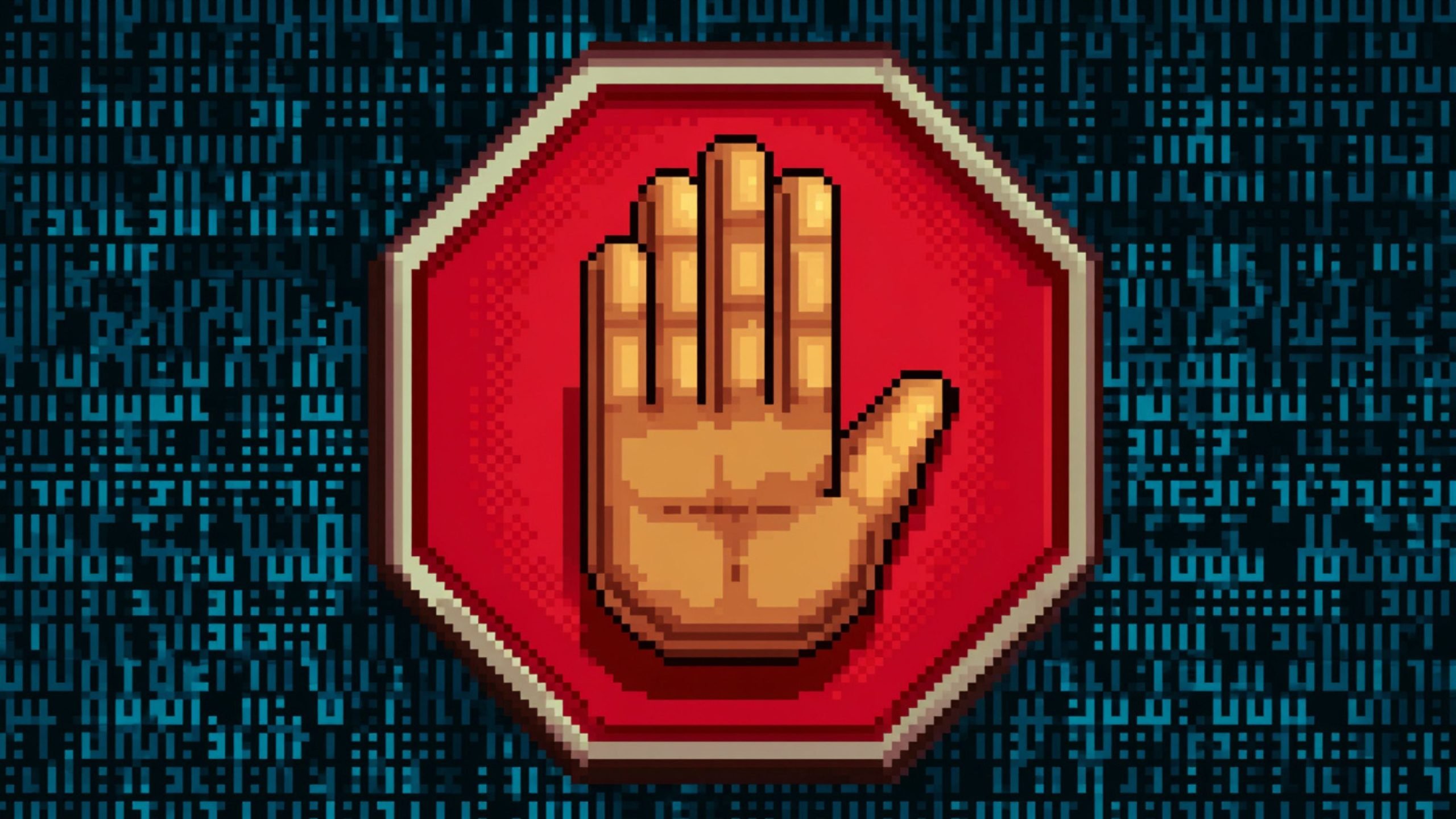The Supreme Court’s endorsement of Texas’ age verification law for adult websites has paved the way for a surge of similar online digital ID measures across the country.
South Dakota is the first to follow, as its new statute requiring age verification or estimation for sites distributing adult content takes effect today.
However the South Dakota law is much broader and applies to a wider range of websites, not just those that have a large percentage of adult content.
We obtained a copy of the bill for you here.
The law applies broadly to any platform that regularly deals in explicit material, without setting a specific threshold for how much of the site’s content qualifies.
This contrasts with Texas’ approach, where the rule kicks in if at least one-third of a site’s material is deemed pornographic.
More: The Digital ID and Online Age Verification Agenda
South Dakota Attorney General Marty Jackley pointed to the Supreme Court’s ruling as validation of the state’s effort to “protect” citizens through legislation aimed at shielding minors.
However significant concerns about the impact on adults’ rights persist. Justice Elena Kagan, dissenting from the Supreme Court majority, argued that Texas’ law should have been more narrowly designed to respect free speech.
She wrote, “Many reasonable people, after all, view the speech at issue here as ugly and harmful for any audience. But the First Amendment protects those sexually explicit materials, for every adult. So a state cannot target that expression, as Texas has here, any more than is necessary to prevent it from reaching children.”
Critics argue that vague legal standards could pressure platforms to over-censor and check the digital ID of a wider range of website visitors in fear of lawsuits.










